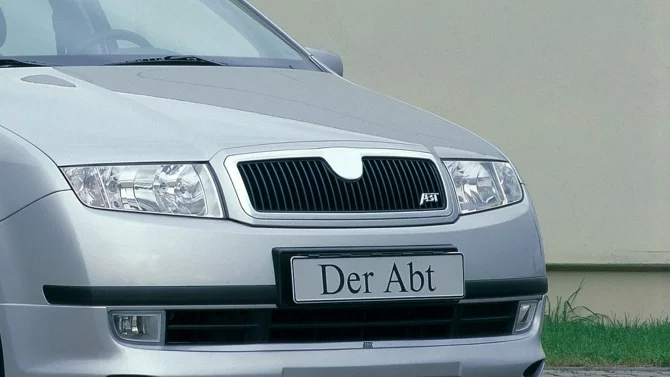...
BERLIN/Angela Merkel's drive to revive the EU constitution enters a crucial new phase this week as envoys from the bloc's 27 states meet to iron out differences and newly elected French President Nicolas Sarkozy pays a visit.
With less than six weeks to go until Germany's chancellor aims to present her "road map" for a new treaty, diplomats say a rough consensus has emerged around a pared-down version of the charter which was rejected by French and Dutch voters in 2005.
Elements of the original treaty that smack of EU statehood, like its "constitution" title, a European flag and hymn, and the creation of a new EU "minister of foreign affairs" appear likely to fall away amid objections from countries such as Britain.
No country is seriously talking about expanding the scope of the rejected draft anymore -- it has become clear that a new treaty will give Brussels fewer rather than more competencies.
But many contentious issues remain.
Britain, supported by the Dutch and others, want to remove a Charter of Fundamental Rights from the document, a move which some of the 18 countries that ratified the initial draft consider unacceptable.
The Charter of Fundamental Rights, a set of binding human rights provisions, is particularly disliked by the British because of concerns it would impinge on its sovereignty, for example by giving new powers to the European Court of Justice.
Poland remains adamant that a new voting system, hammered out in arduous negotiations and approved by Warsaw's previous government, is unfair and should be looked at again.
Together with the Czechs and the Dutch, the Poles want to give national parliaments more power to block EU legislation.
Sarkozy, in a nod to French fears about globalisation, wants the social dimension of the bloc to be given greater emphasis in the treaty. The British object and have problems with a separate Dutch push to spell out the limits of further EU enlargement.
POLAND AND BRITAIN
On Tuesday, "focal point" envoys from all the EU member states will meet in Berlin to whittle away at these differences.
Merkel is then expected to take the negotiations into her own hands with a series of bilateral meetings with EU leaders, beginning on Wednesday when Sarkozy visits Berlin on his first official foreign trip as Jacques Chirac's successor.
She wants to secure agreement at a June 21-22 summit on a political outline and timetable for drafting a new treaty. The summit is expected to call for an inter-governmental conference (IGC) in the second half of 2007 to finalise a text.
"There is not much doubt that difficult countries like France, the Netherlands and the Czech Republic will go along with German plans for an amended treaty, and I think others like Spain and Italy can accept a pared-down charter too," said Charles Grant of the Centre for European Reform in London.
"The problem really boils down to two countries -- Poland and Britain."
On Saturday in Krakow, Polish President Lech Kaczynski reiterated his objections to a new voting system he contended would penalise his country, but said Warsaw would not abuse its power to veto EU agreements.
One senior EU diplomat said Poland could accept a deal in June provided the wording did not preclude raising the voting system in the IGC under the Portuguese presidency of the EU.
Britain may be the bigger wild card. Outgoing Prime Minister Tony Blair signalled earlier this year that Britain could approve a pared-down treaty without a referendum.
But it remains unclear whether Blair has the support of Gordon Brown, who is expected to replace Blair shortly after the summit, to do a deal in June. (Additional reporting by Louis Charbonneau in Berlin)
Keywords: EU CONSTITUTION/
[BRUSSELS/Reuters/Finance.cz]




 „Elektrická mobilita je budoucnost, o tom není pochyb. Každý, kdo tvrdí opak, poškozuje náš průmysl.“ A proto přijdou plošné evropské dotace
„Elektrická mobilita je budoucnost, o tom není pochyb. Každý, kdo tvrdí opak, poškozuje náš průmysl.“ A proto přijdou plošné evropské dotace
 Našli jsme deset absolutně neznámých automobilů současnosti. Dokážete uhodnout alespoň polovinu?
Našli jsme deset absolutně neznámých automobilů současnosti. Dokážete uhodnout alespoň polovinu?
 Dvě i čtyři doby, tři a čtyři válce: Saab 96 se stal vozem pro individualisty, a to i v Československu
Dvě i čtyři doby, tři a čtyři válce: Saab 96 se stal vozem pro individualisty, a to i v Československu
 Elektromobil jako ojetinu nikdo nechce. Velký český autobazar skončil s jejich nákupem i prodejem
Elektromobil jako ojetinu nikdo nechce. Velký český autobazar skončil s jejich nákupem i prodejem
 Youtubeři zkoušeli, jestli nastartují Tatru 138 odstavenou osmnáct let. Výsledek nikoho nepřekvapí
Youtubeři zkoušeli, jestli nastartují Tatru 138 odstavenou osmnáct let. Výsledek nikoho nepřekvapí
